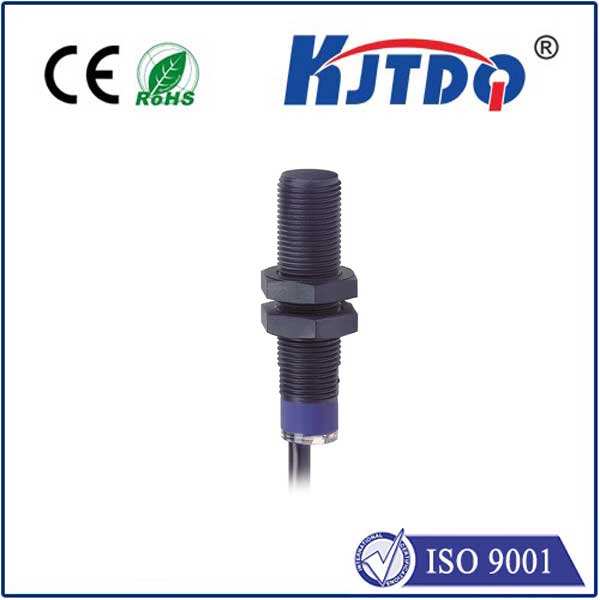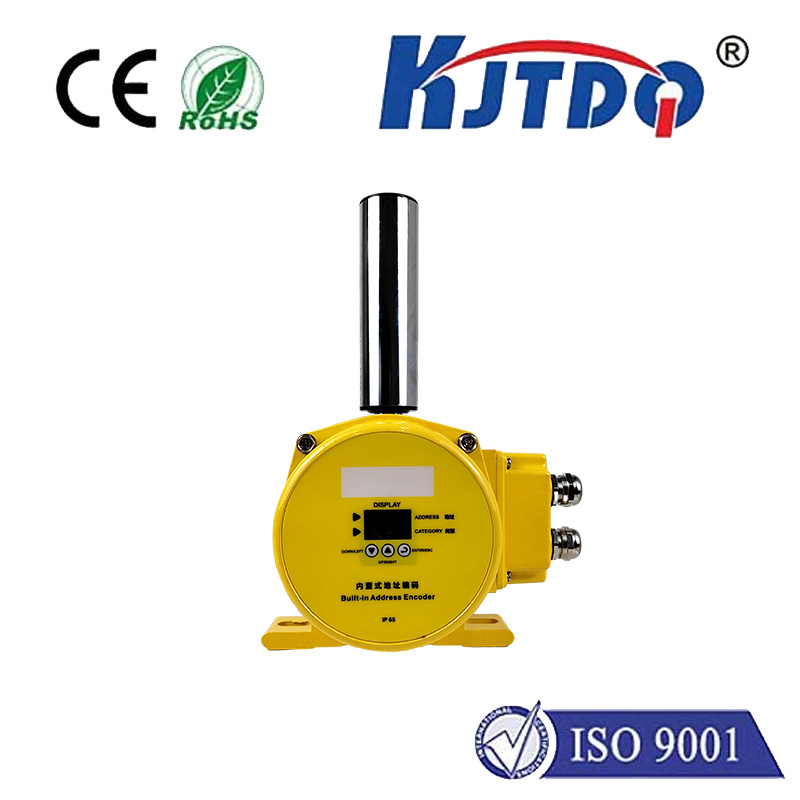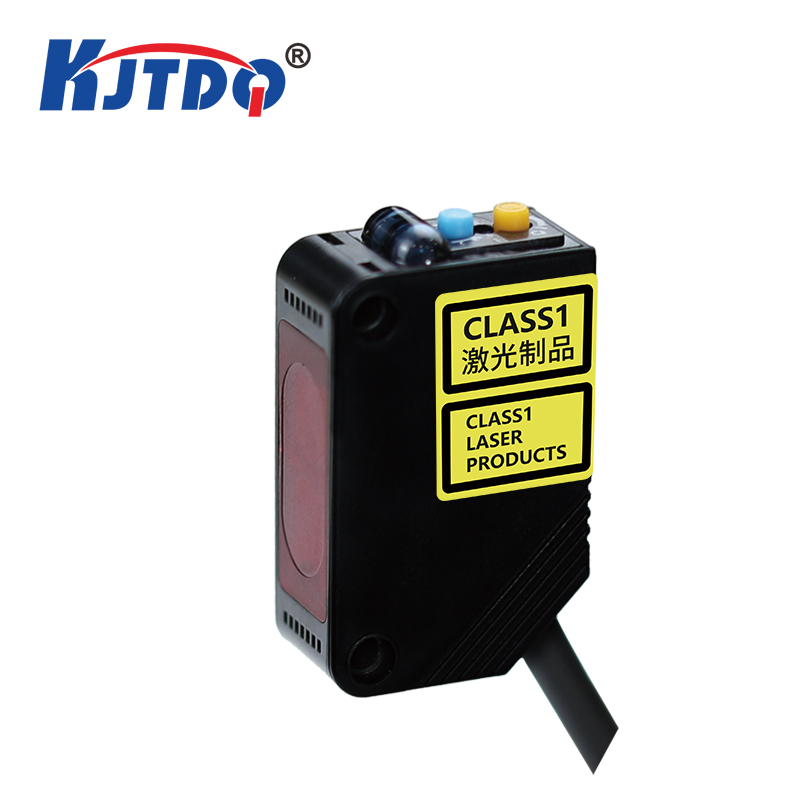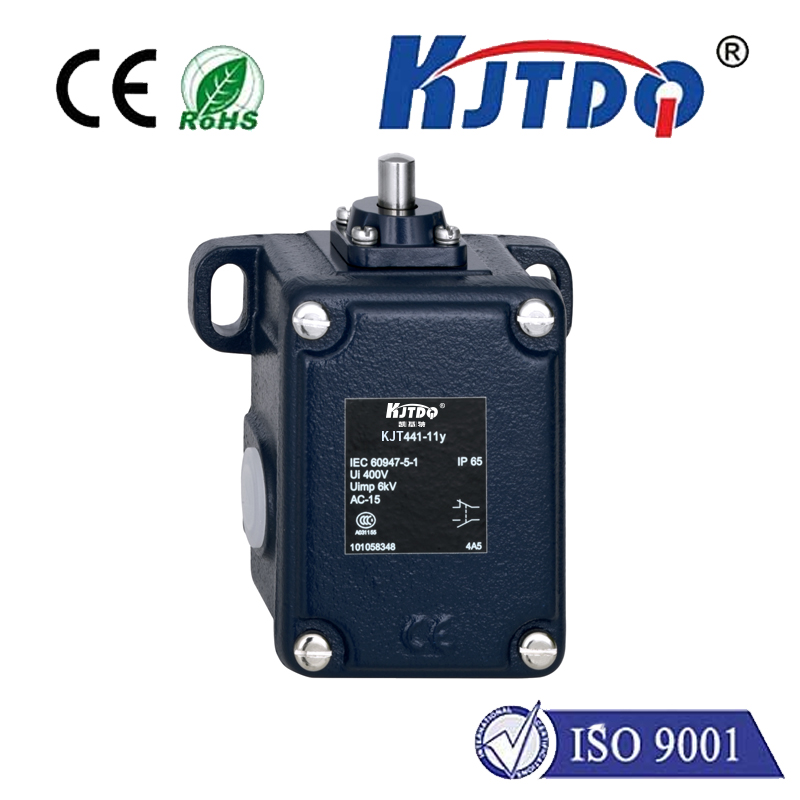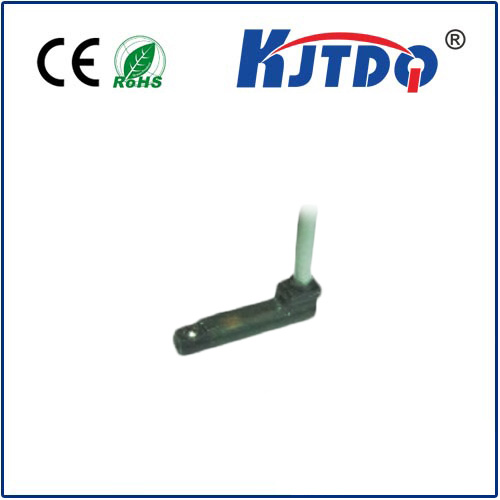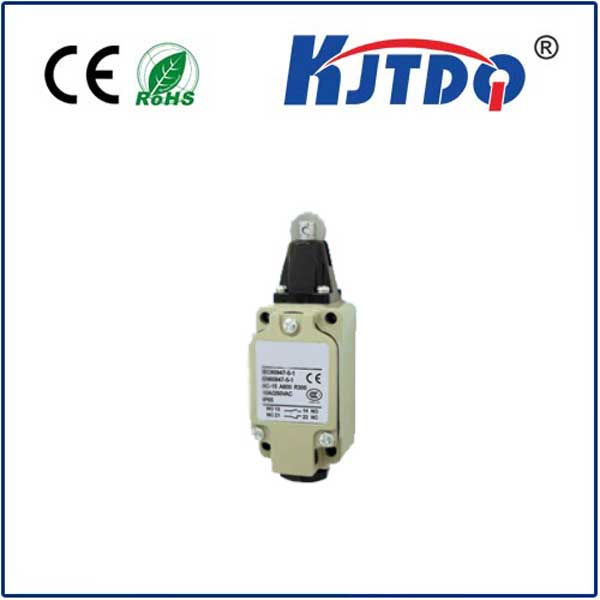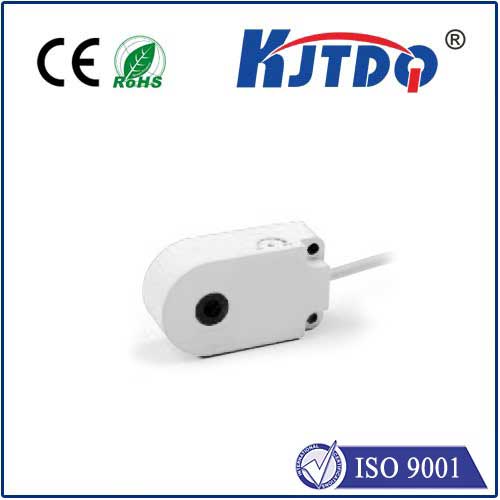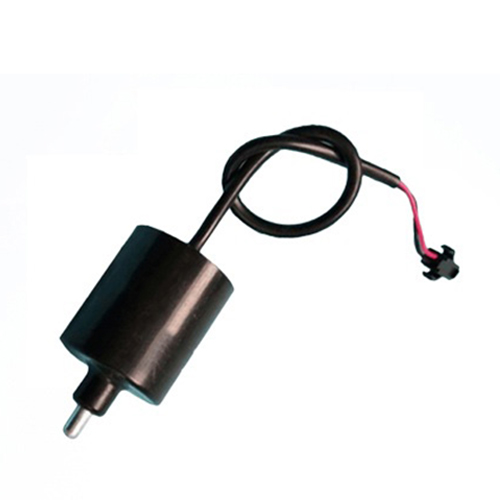

check

check

check

check

check

check

check

check

check

check
Laser Photoelectric Sensor: Innovation in Precision Sensing In the rapidly evolving realm of technology, precision and accuracy are paramount. This demand has led to the development and implementation of advanced devices such as the laser photoelectric sensor. These sensors have become indispensable in various industries due to their unparalleled ability to provide highly precise measurements. In this article, we will delve into the world of laser photoelectric sensors, exploring their functions, applications, and benefits.
At its core, a laser photoelectric sensor is a device that employs laser light to detect objects or measure variables such as distance, speed, and vibration. The sensor emits a coherent beam of laser light, which interacts with the target object, and then receives the reflected light. By analyzing changes in the light’s intensity or phase, the sensor can determine various characteristics of the detected object with high accuracy.

One of the most compelling aspects of laser photoelectric sensors is their versatility across multiple sectors. They are utilized extensively in manufacturing processes, where they help in quality control by ensuring products meet exacting specifications. In the automotive industry, these sensors aid in the precision engineering of vehicles, contributing to safer and more reliable automobiles. Additionally, in the medical field, laser photoelectric sensors find applications in diagnostic equipment, enhancing the precision of medical imaging and other critical instruments.
The advantages of laser photoelectric sensors over traditional sensing technologies are manifold. Firstly, their precision surpasses many conventional methods, making them ideal for applications that require accurate measurements. Secondly, their speed of operation is significantly higher, enabling real-time data acquisition and processing. Moreover, laser photoelectric sensors are less susceptible to environmental interference, ensuring consistent performance across varying conditions.
As technology continues to advance, so too does the capability of laser photoelectric sensors. We can anticipate further integration of artificial intelligence and machine learning into these sensors, leading to even greater automation and improved decision-making capabilities. Furthermore, advancements in material science may result in sensors that are more durable, smaller, and capable of operating under extreme conditions.
In conclusion, laser photoelectric sensors represent a significant leap forward in the field of precision sensing technology. Their ability to deliver accurate and reliable measurements makes them essential tools across various industries. As research and development continue, these sensors are poised to unlock new possibilities, driving innovation and efficiency to unprecedented levels. Embracing this technology today will undoubtedly pave the way for a smarter, more connected future.
